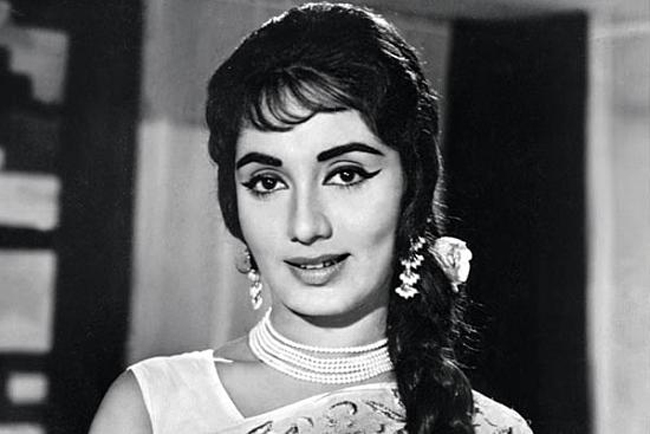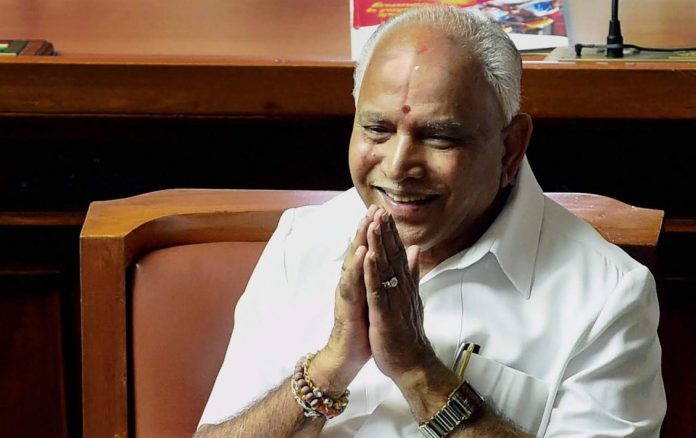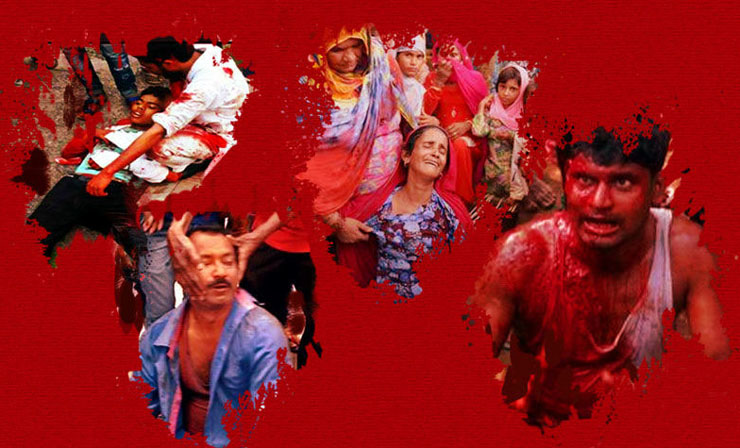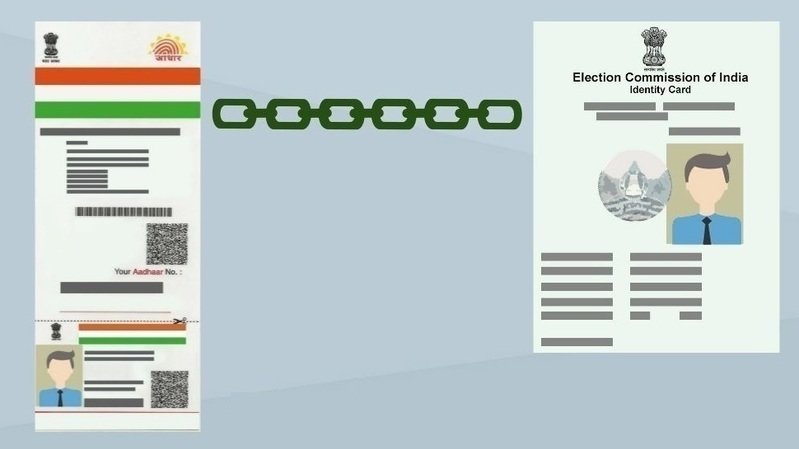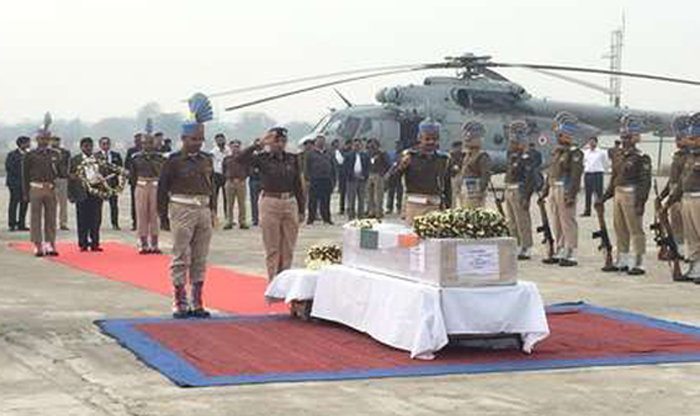NPA defaulter’s list: More trouble brewing for Modi government
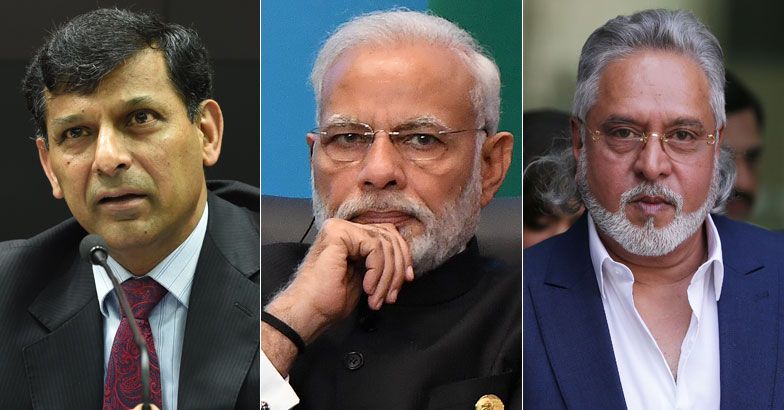
More trouble may brew up for the NDA government led by Narendra Modi as the Lok Sabha elections approaches closer. Liquor baron Vijay Mallya’s case is only one of the many scandals for which the answers will be sought from the BJP.
The Rafale deal scam is already troubling the BJP. The ruling party’s harried panelists tried to see a ray of hope when Chief of Indian Air Force Air Chief Marshal B S Dhanoa observed that the Air Force was reeling under a severe shortage of fighter aircraft and the purchase of Rafale fighter aircraft would strengthen the Air Force. The Air Force Chief may have been advised by the government to come to its defence for the purchase of Rafale, as some critics of the deal have asserted. But that does not minimise the gravity of the scandal. The efficacy of the aircraft was never under dispute. It is the ‘higher’ price and the manner of the deal struck by Prime Minister Narendra Modi that is being questioned. Even Air Chief Marshal Dhanoa could not help the government spokespersons in this respect. Asked if the present deal was cheaper than the earlier one, he said that it would ‘be answered by the Ministry of Defence’.
The original deal for the purchase of 126 Rafale aircraft was abandoned by Modi in favour of the purchase of 36 aircraft. The original deal involved the outright purchase of 18 aircraft and the manufacture of the remaining 108 aircraft in India on the basis of transfer of technology. The price per aircraft in the original deal was Rs 715 crore while in Modi’s modified agreement, the price per aircraft was agreed at Rs 1670 crore. Not only that, the contract was taken away from Public Sector Undertaking HAL and awarded to Anil Ambani’s outfit ‘Reliance Defence’ which was incorporated less than a fortnight before the deal was signed by Modi and had no expertise in manufacturing defence aircraft.
Vijay Mallya’s revelation that he had met Finance Minister Arun Jaitley before leaving India seems to have rattled Jaitley. First he outrightly denied having had any meeting with Mallya; then he admitted meeting him informally at the Parliament and added that there was no formal meeting between the two. Who is Jaitley trying to fool? Does a man, running away from the law after committing a major crime, fix a formal appointment with the authority to seek his help for escaping to a safer place? Some BJP panelists came to Jaitley’s defence by alleging Mallya’s cosy relations with Congress leaders. Whatever be Mallya’s relations or dealings with Congress leaders, his escape from the country’s law was facilitated by the Modi government, presumably at the instance of Finance Minister Arun Jaitley, so much so that a ‘detention’ notice was converted into a ‘just inform’ notice at the airport for Mallya.
Perhaps a greater bomb will explode when Raghuram Rajan’s list submitted to the PMO is out – and it has to surface after some time. In his deposition before a Parliamentary Committee, the former Governor of Reserve Bank of India (RBI) revealed that he had sent a list of ‘high profile cases of fraud in the banking sector’ to the PMO urging coordinated action ‘to bring at least one or two to book’. The PMO, however, did not act. Rajan had made it clear that frauds are different from normal non-performing assets (NPAs).
Rajan has not named the fraudsters nor has he specified when he sent the list to the PMO – during the UPA rule or during Modi’s regime. It can, however, be safely surmised that the list was sent to Modi and it was Modi who had scuttled any action against high profile fraudsters. Surely it could not have been Manmohan Singh. Raghuram Rajan became Governor of RBI in September 2013. In less than six months the election process had started. He did not have enough time to fully understand the functioning of the RBI, collect and collate the details of the high profile fraudsters and submit it to the PMO. Even if he did submit to Manmohan Singh as the UPA government was on its way out, he would not have time to scrutinise the list and would leave it for Modi. Moreover, had Manmohan Singh been even remotely involved with the list of high profile fraudsters, loudmouthed Modi would have mentioned it ad nauseam in his speeches in India and outside.


